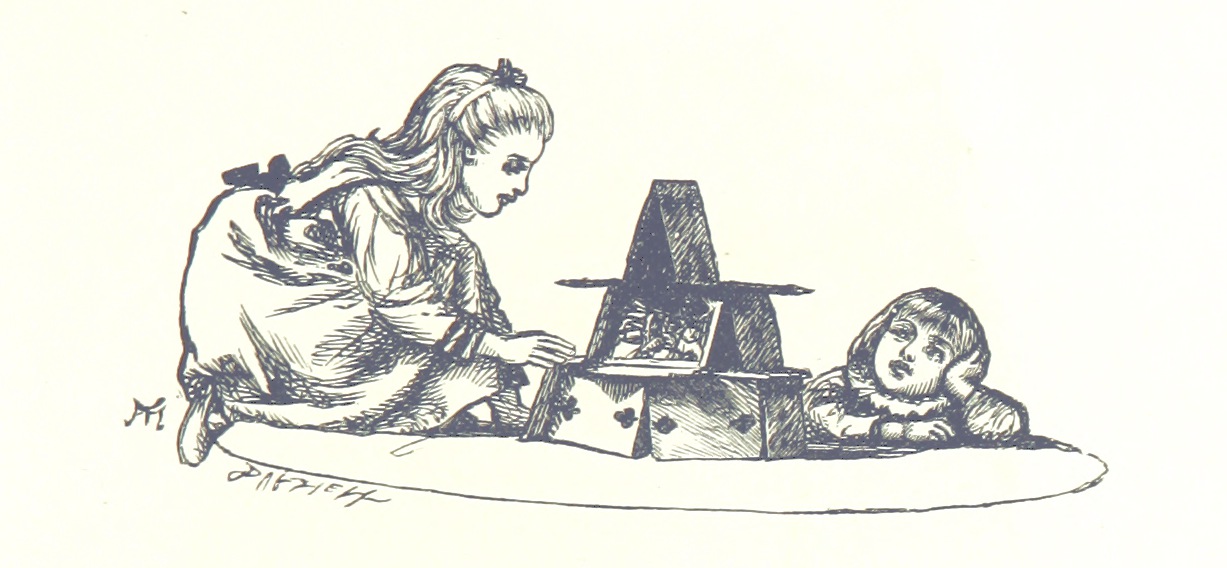How do our favorite authors keep churning out exquisite content?


Dedication and skill count, for sure. And, if we take a closer look, their writing elevates in the hands of experienced editors.
In order to cultivate ideas, book editors ask a lot of questions beforehand so the project scope and author’s expectations are clear. Those initial conversations begin building a relationship based on trust.
What Developmental Editors Do
Editors who help authors conceptualize a topic at a macro level — and show writers how to delve into that topic so it has a strong chance of becoming a publishable work — are called developmental editors.
Developmental editors coordinate the editorial process from the conceptualization of the idea through the final manuscript. They help authors complete early and important to-dos. Here are a few tasks they work with authors to achieve:
- Conceptualize new content – audit or repurpose existing content
- Discuss goals for content delivery – begin with marketing and PR strategies
- Define profitability – increase audience, relevance, differentiation, organization
- Plan detailed outlines – table of contents, chapters, characters, concepts, maps
- Maintain coaching support and assessments – keep the flow of ideas clear and accurate
When to Hire a Developmental Editor
Every writer hopes to find the editorial visionary who believes in them and their work. To accomplish that, spend time specifying what you want to say, why you want to say it, how and to whom you want to say it. Your ability to articulate the scope of your project is key to your book’s success.
On Content:
- What is the focus of your content? Your main message?
- What do your table of contents (TOC) and chapter summaries include?
- Where are you researching and gathering facts and supporting evidence?
- What persuasive points do you make per chapter? What is your style and tone?
- What is your conclusion on the subject?
On Marketing:
- Why is this message important to you and relevant to your audience? Why now?
- Who is your audience? How will your message make a difference to them?
- Who are your competitors? What are they writing? How does your perspective differ?
- How do you plan to expand your audience?
- What is your budget? When is your deadline?
Are you able to answer these questions in detail? If so, gather recommendations and hire the editor who believes in your vision. She will help you see what you’re doing well, where you’re off the mark and how to create an elevated experience for your target audience.
